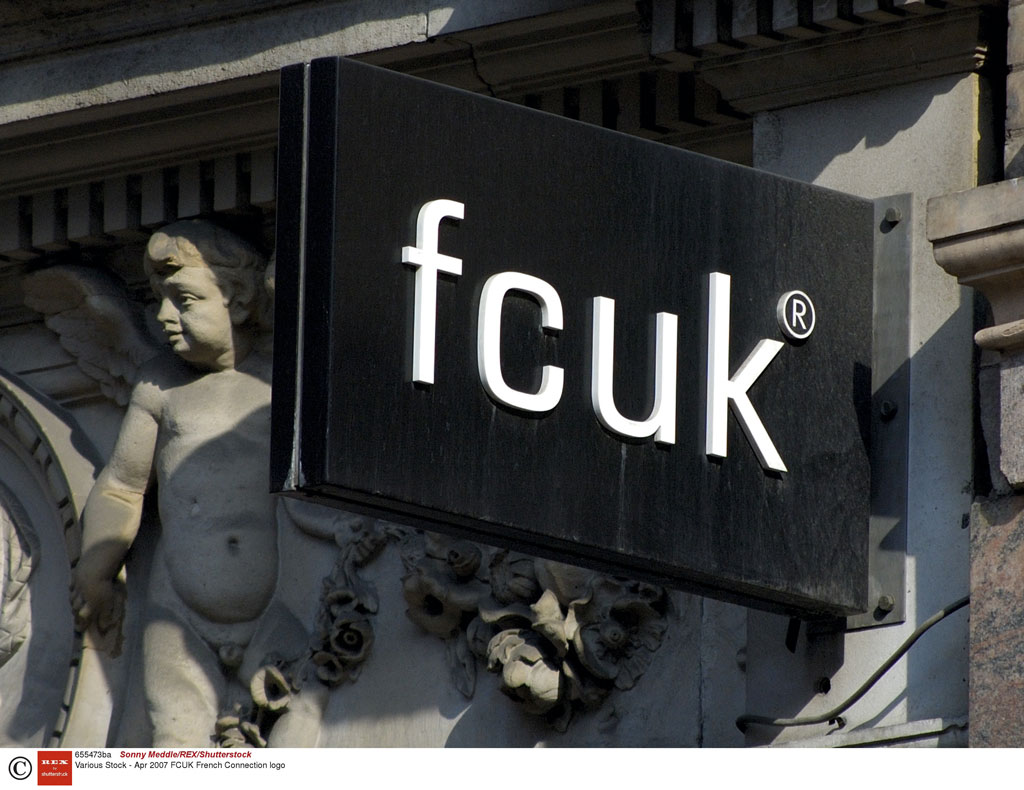
Athelstane Aamodt explores the weird world of what exactly you can trade mark
Many of us who grew up watching Blue Peter will be able to remember the bafflement we felt when its presenters would routinely use the phrase ‘sticky-backed plastic’ when referring to Sellotape. Why did they call it that when no-one else in the world seemed to? We now know of course that the reason was to do with the BBC’s policy of not mentioning brand names on air; ‘Sellotape’, much like ‘Hoover’, was an example of a brand name or trade mark becoming practically synonymous with the product, much to the chagrin of their rivals no doubt.
Trade marks are everywhere these days, and their value, as well as the complexity of their registration and their protection, is big business. But what can you trade mark?
Surprises & restrictions
Many words that we use in everyday speech and writing are trade marks. Surprising examples that are or have been trade marks include ‘aspirin’ (a trade mark of Bayer), ‘escalator’ (a







.tmb-mov69x69.jpg?sfvrsn=3d1684d4_1)

